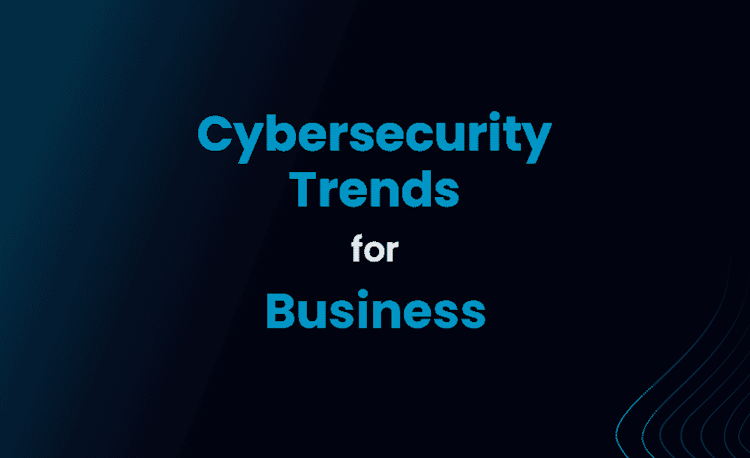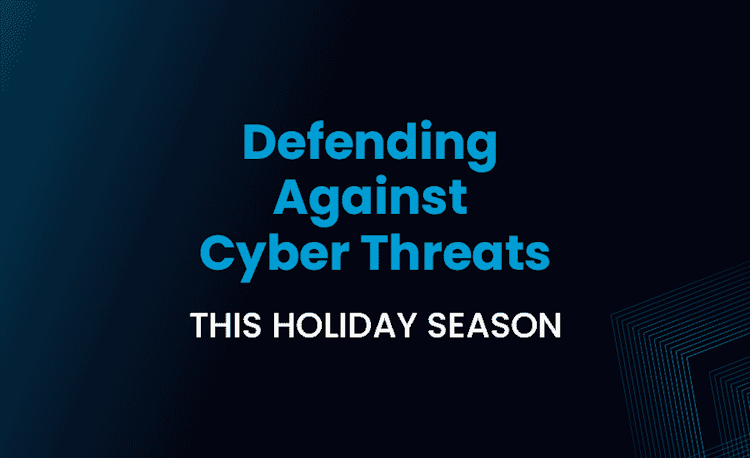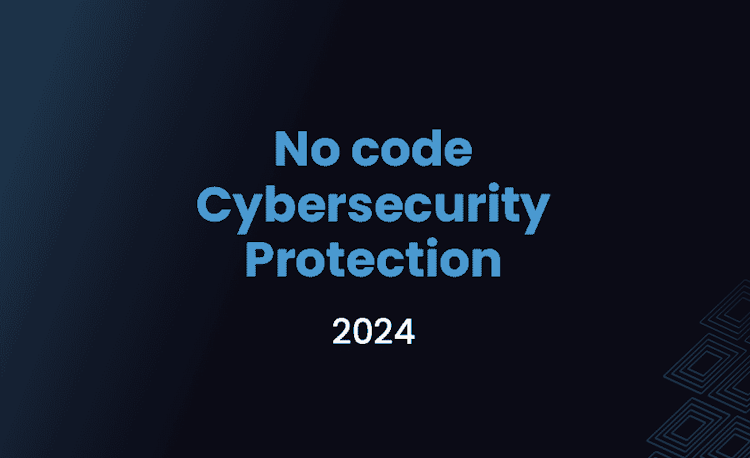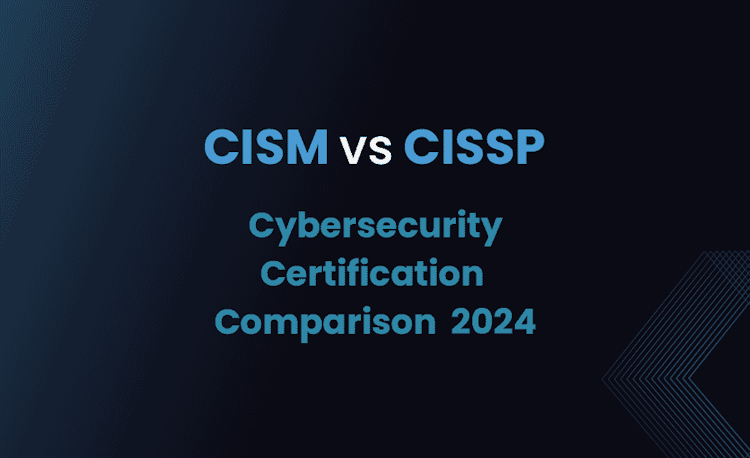What Online Privacy is and Why it is Important
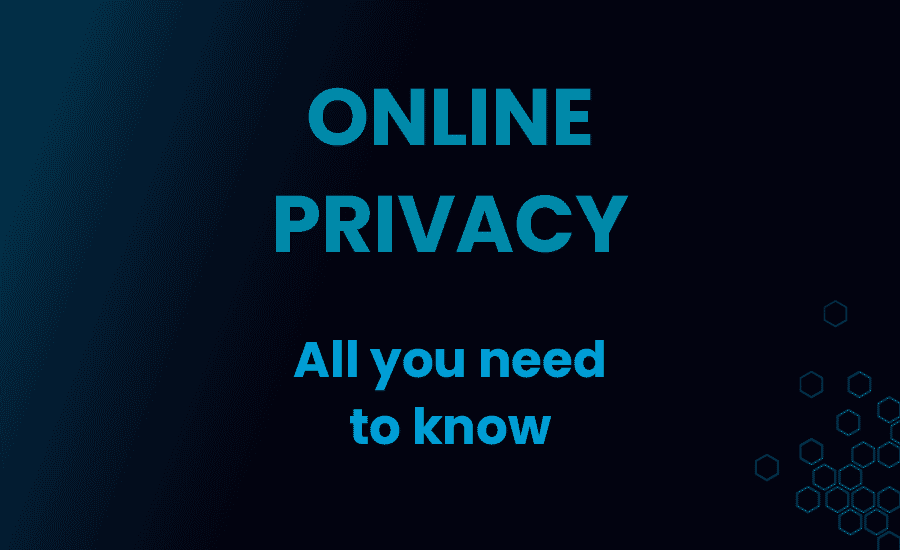
Introduction
The internet has emerged as a pervasive force that governs much of our daily lives. The web has streamlined our activities and transformed our interactions from shopping and socializing to banking and learning. Yet, this great digital revolution has brought a less celebrated component – its darker underbelly in the form of online security threats.
According to Surfshark, 90% of US internet users agree that online privacy is critical. This worry comes to life when we recall that 2022 was a year that saw 422 million people fall prey to an average of 4.8 data breaches per day, as per the ITRC Annual Data Breach Report. This stark reality necessitates a profound exploration of online privacy, why it matters, and how we can fortify our digital fortresses.
What is Online Privacy?
At its core, online privacy refers to protecting personal information shared via the internet. It encompasses the procedures and principles governing such data collection, storage, and use. When we talk about online privacy, we’re considering the rights of individuals to control their digital footprint and safeguard their identity from misuse.
Your health records, financial transactions, or products from your shopping cart are private. You certainly don’t want this information to be made public. Online privacy lowers the risks of identity theft by offering strong features. This could be in the form of disabling tracking, enabling privacy settings, and other measures.
Importance of Online Privacy
Digital privacy or online privacy is the fortification that guards our digital lives against a myriad of potential threats. Its importance cannot be understated and extends to several aspects of our internet use.
1. Guarding Personal Data
Online privacy is paramount as it encompasses protecting our personal data, an often underestimated aspect. Personal data, encompassing elements from basic identifiers like name and address to intricate details like browsing habits and preferences, forms the bedrock of our digital identity. Misuse of this data can precipitate catastrophic outcomes, ranging from identity theft to financial fraud.
Protective measures to guard personal data represent more than simple defensive maneuvers; they are, in essence, strategic assertions of authority over our own identity. Therefore, vigilance in securing personal data stands as a non-negotiable component of online privacy, a fundamental right that necessitates active exertion in our pervasively interconnected world today.
2. Secure Your Browser:
It is necessary to secure your browser by keeping them updated timely. Moreover, remove unnecessary add-ons or legacy add-ons. Block phishing sites or pop-ups, and plug-ins that can inject malware into your system. Once the malware is injected into the PC, it can cause a threat to your online privacy as it can secretly monitor all activities. It is wise not to store passwords in the browser. Keep a unique password as per UCSC password standards and rules.
3. Establishing Secure E-commerce
As online shopping and digital transactions continue to surge, the necessity for online privacy has escalated. It’s imperative that customers are confident their financial information is protected during purchases. Equally important is the duty of businesses to manage customer data with utmost responsibility. Solid online privacy mechanisms, including SSL certificates, are essential in building this secure space, allowing for the safe and efficient exchange of goods and services over the Internet. Moreover, a wildcard SSL certificate works best for e-commerce websites. It secures all the subdomains along with the main domain.
4. Halting Unauthorized Surveillance
In today’s interconnected digital environment, all your online activities could be under the microscope. Web browsers, social media platforms, and various online services typically gather user data for different reasons. Through online privacy measures and tools, you can resist unwarranted monitoring and decide who can access your data and when.
5. Preserving Freedom of Expression
An effective online privacy system fuels a secure atmosphere, promoting candid communication and the unhindered sharing of ideas. Without privacy assurances, individuals may feel reluctant to express their views, thoughts, or experiences, thereby inhibiting freedom of speech.
6. Protecting Sensitive Communications
Whether it’s a business sharing strategic plans with overseas partners or a person sending sensitive personal information, online privacy mechanisms are key to ensuring these communications remain confidential. SSL certificates, for instance, encrypt these communications, making them unreadable to unauthorized individuals.
7. Promoting Trust in Digital Services
Online privacy is essential for maintaining user trust in digital services. For a business, proving to customers that their data is safe enhances reputation and customer loyalty. For a user, knowing that a platform respects their privacy ensures a stress-free and positive experience.
8. Setting and Upholding Personal Boundaries
Online privacy acts as a safeguard for personal boundaries. The internet contains vast amounts of personal information, thus making it essential for us to control what we reveal, to whom, and when. This management of our online presence ensures the preservation of personal space and autonomy, two aspects that are fundamental for our mental and emotional health.
Conclusion
Online privacy is an indispensable guardian in navigating our digital lives. It shields our personal information, defends against unwarranted surveillance, upholds freedom of speech, secures sensitive communications, builds trust in digital services, maintains personal boundaries, and fuels the e-commerce engine. As our reliance on the internet continues to surge, understanding and prioritizing online privacy isn’t just an option—it’s a responsibility we owe to ourselves and the integrity of our digital future.
